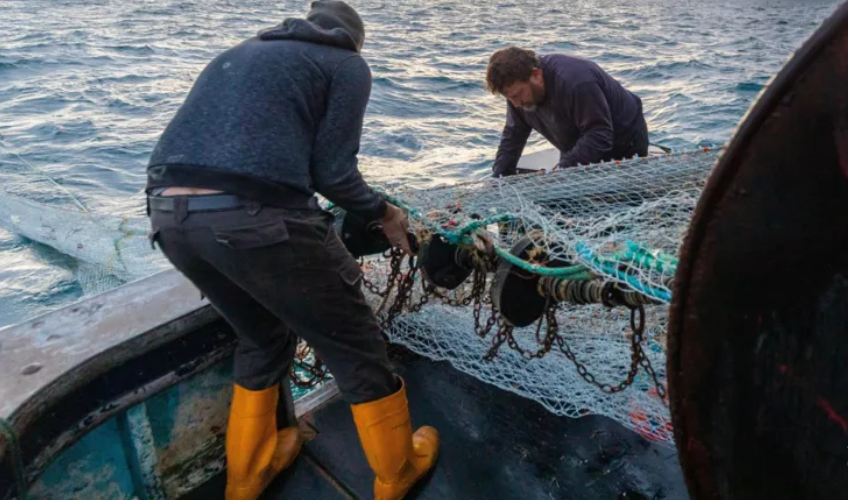The United Kingdom and the European Union have agreed a wide-ranging new deal that sets the direction for their post-Brexit relationship in key areas including fishing, trade, security, and travel. While full details are yet to be published, officials have begun outlining the major elements of the agreement.
Under the new deal, EU fishing vessels will retain access to UK waters until 2038, maintaining the status quo beyond the expiry of the current agreement in 2026. The UK will continue to determine annual fishing quotas with both the EU and Norway and will retain control over licensing of vessels operating in its waters. To support coastal communities, the UK government plans to launch a £360 million “fishing and coastal growth fund.”
In exchange for the fishing arrangement, the UK has secured a loosening of post-Brexit restrictions on food exports to the EU. Under a new sanitary and phytosanitary (SPS) agreement, routine border checks on animal and plant products will be scaled back. This includes the resumption of exports of products such as raw burgers and sausages, which had been banned under earlier post-Brexit regulations.
On security, the two sides have agreed to formalise a defence and intelligence-sharing pact. The agreement is being positioned as a response to heightened global instability, including Russia’s invasion of Ukraine and recent political changes in the US. The pact will allow UK-based defence firms to apply for funding from the EU’s €150 billion Security Action for Europe (Safe) programme.
Travel arrangements for British citizens will also see improvements. UK passport holders will gain access to fast-track e-gates at more European airports, a measure expected to ease post-Brexit travel frustrations. A new pet passport system will also simplify travel for animals, removing the need for repeat veterinary certification.
In a move welcomed by heavy industries, the UK and EU will link their carbon markets to prevent double taxation on carbon-intensive goods like steel and cement. The government says this arrangement will save British firms an estimated £800 million annually and avoid tariffs under the EU’s Carbon Border Adjustment Mechanism (CBAM). A separate £25 million deal will specifically protect UK steelmakers from additional EU charges.
However, some aspects of the future UK-EU relationship remain unresolved. Discussions are ongoing around a potential youth mobility scheme, with UK ministers indicating that any such deal would be “capped and time-limited,” similar to existing agreements with Australia and New Zealand.
The final contents of the agreement are expected to shape the next phase of post-Brexit negotiations, due to begin in early 2026.

















